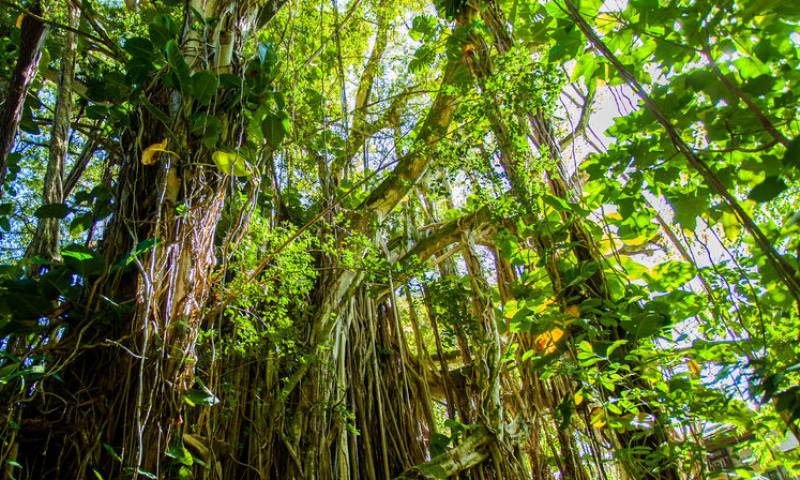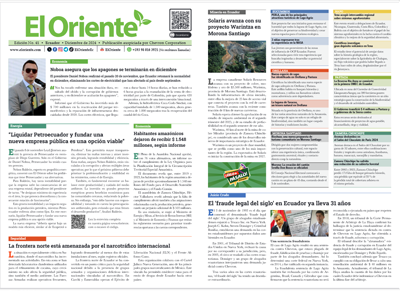Medio Ambiente
New project: The effects of hunting and fishing on Amazonia’s forests
Does human hunting empty Amazonia's forests? And does it affect carbon storage? A new NMBU project will investigate the wide-ranging impacts of hunting and fishing on the Amazonian ecosystem.
The Amazon basin is the largest and most species-rich tropical forest and river system in the world. It plays a vital role in global climate regulation, conservation of biodiversity, and is home to hundreds of traditional indigenous cultures. At the same time, the area is under severe pressure from threats such as deforestation, fires and climate change.
Unfortunately, the list does not end there.
"Another, more invisible and insidious threat, is the excessive harvest of animals and fish," Professor Torbjørn Haugaasen says.
Important food source
"Hunting and fishing are very important sources of protein for more than 20 million people in the region.”
The population in the Amazon has the highest per capita intake of fish protein on the planet. Haugaasen further states that this harvest in many cases is unsustainable and some animal and fish population numbers are falling rapidly.
"As of today, we do not know how hunting and fishing affect the ecosystem on a larger scale.”
Empty forests
Currently, there is an intense debate among scientists about whether the structures of the forest ecosystem itself are threatened by the locals’ hunting. Researchers are concerned that ‘empty forests’ possibly lose completely essential ecological functions.
"We also wonder if one of these features is carbon storage.”
The researchers' hypothesis is that larger, untouched forest areas gradually lose carbon due to excessive hunting.
“Hunting for important seed dispersers, like monkeys and fish, interferes and delays the spread and the growth of many trees and lianas.”
Read more here
Síguenos en:



